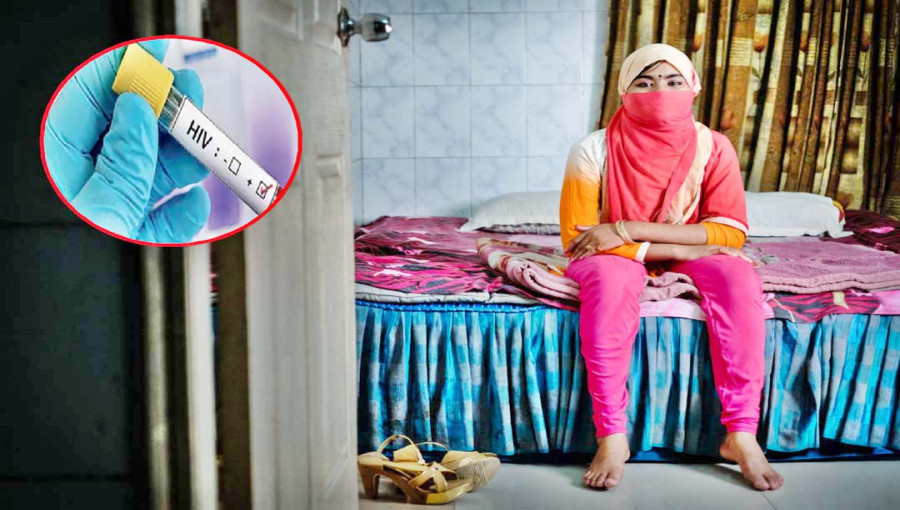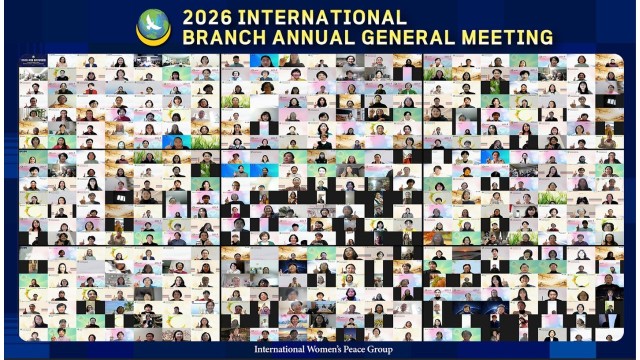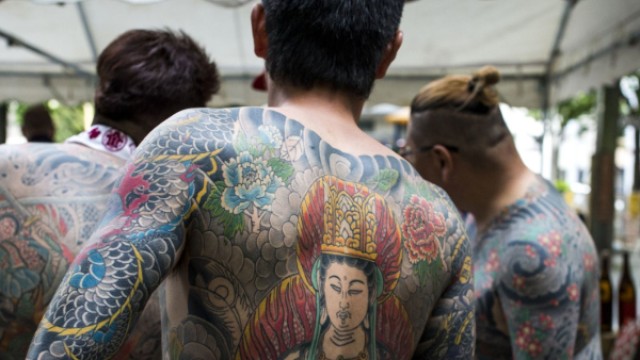Dhaka, Dec 01 (V7N) – Hira Akhter, who grew up as the daughter of a sex worker, began working at a humanitarian agency at 12, providing education, counseling, and mental health support to children of sex workers in her community.
A UNAIDS report highlighted that sex workers face a risk of HIV infection that is nine times higher than the general population globally. This is primarily because unprotected sexual encounters with multiple clients expose female sex workers to increased risk of contracting HIV.
With her unique insight into the sex worker community, Hira now plays an instrumental role in connecting her community with both governmental and non-governmental organizations, creating supportive environments for female sex workers.
Dr. Rounak Khan, head of Save the Children’s HIV/AIDS program in Bangladesh, explained to Voice7News, “The plight of female sex workers in Bangladesh reflects a tragic reality. Many are trafficked, raped, abused, and face stigma, which creates substantial barriers in every aspect of their lives.”
Save the Children focuses on high-risk groups such as female sex workers and offers harm reduction services like syringe exchange, condom distribution, and behavior modification programs aimed at reducing the spread of HIV.
A study by the Department of Public Health revealed that over 12,000 female sex workers in Bangladesh are aged between 10 and 19. Furthermore, the report found that half of female sex workers in the country began engaging in commercial sex before reaching 20 years of age.
The same study also revealed that many sex workers engage in unprotected sex due to time pressures. To make money, they need to finish quickly in order to serve another client, emphasizing the financial pressures they face.
This year's World AIDS Day theme urges “taking the right path to end AIDS.” However, research shows that sex workers often face obstacles that prevent them from taking this path, posing challenges to the broader UNAIDS goal of ending AIDS by 2030.
Hira shared her vision with Voice7News, saying, “I want to see a reduction in violence and discrimination against women, and I hope that everyone receives their rightful entitlements.”
In 2023, Bangladesh recorded 266 deaths from HIV, marking the highest toll since the disease was first detected in 1989. The country also saw 1,276 new HIV diagnoses last year, including 1,118 from Bangladesh and 158 among Rohingya refugees in Cox's Bazar.
END/MSS/AJ/HoN































Comment: